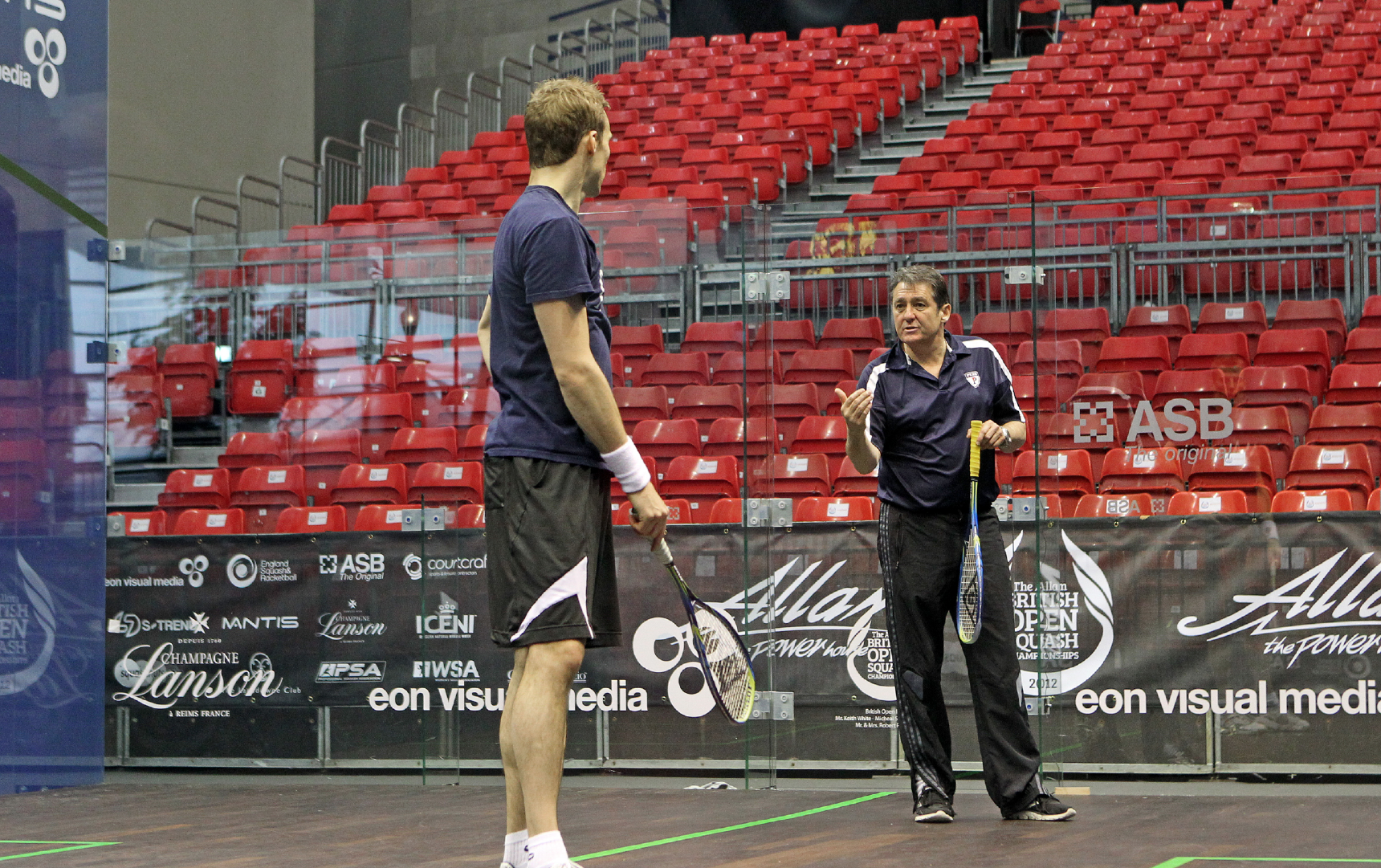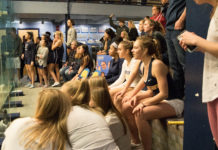
By Damon Leedale-Brown, Sports Scientist & Conditioning Specialist
In some sports a mistake can be the defining movement between success and failure at the highest level: missing a gate in a ski slalom event; over-rotating on entry in a diving event; falling during a figure skating performance. The good news for squash players is that mistakes and errors are an integral part of the game and, while clearly they can influence the outcome of a match, they do not define winning and losing. Can you think of the last time you played a match when you did not hit a ball into the tin; serve out; or have a stroke called against you? Maybe never!
Mistakes and errors in practice and competition provide us with a powerful learning opportunity, and the process of examining why you made a mistake will help progress your understanding of technical and tactical aspects of the game that, in turn, should make you a better player.
To learn from our mistakes, we need to be in an environment where mistakes and errors are considered a positive and integral part of the growth experience and not seen as failures. This is especially important in the developmental process for junior players. Parents and coaches should be sensitive to creating a safe environment for young players to grow, where making errors or losing are not seen as a negative outcome of practice or competition.
However, if we are to take this approach to mistakes, we also need to be clear on what would constitute a positive or a negative mistake or error. Negative errors or mistakes are observed when there is a lack of focus and concentration from the player, a lack of effort, or no real care or concern as to whether they make an error. In this case it would be acceptable to ‘call someone out’, encourage them to improve their mental approach to the practice or competition, and to care about their mistakes so at least you know they are learning from them!
If a player is focusing hard on trying new things, practicing new shots, taking some risks, and making changes in technique or tactics, then any errors made in this situation should be considered positive errors that are a key part of the feedback and learning process.
Positive mistakes should never be punished! If a player is focused hard on practicing their lob serve, then don’t make them do ten court sprints every time they serve out—generally all you achieve by this approach is to move the player towards a prevention mindset where they will not take risks and, instead, will try playing it safe to avoid further mistakes. In this example the player will typically adjust the margins on the serve to make sure it goes in (and avoid the physical punishment), and so will never fully develop the technical skill, consistency or confidence to use the lob serve in a match situation.
In most cases, a practice environment such as the lob serve example will lead a player to see the practice as more of a threat than a challenge, and push the player towards a ‘Prevention Orientation’ or ‘Playing Not to Lose’ mentality as we discussed in the previous article. If a player is exposed to a negative practice environment on a regular basis it would then come as no surprise to see the same ‘Playing Not to Lose’ approach during competition.
Practice environments should be designed to be challenging, hold players to high standards in terms of effort and focus, while also rewarding and encouraging positive errors and enabling us to become ‘Better by Mistake!’





